Before we discuss Tiscon, tell me what is the role of TMT rebar? Why not just pour concrete alone?
Almost all structures built now use ‘reinforced’ concrete. Concrete has high compressive strength (ability to withstand loads that tend to compress). However, concrete needs to be reinforced with steel as it has low tensile strength (ability to withstand loads that tend to elongate) and low ductility (ability to deform under forces that tend to elongate). Steel, on the other hand, has high tensile strength and ductility. Together, steel and concrete have the ability to withstand all types of forces that impact a building. Not only that, steel and concrete have similar expansion when temperature increases. This makes them a very nice pair indeed.
Think of steel and concrete as good friends who make up for each other’s deficiencies! At the same time, they have common traits that make them a good pair!
I always find steel terms too technical! First, tell me why is it called TMT rebar?
TMT rebars or Thermo Mechanically Treated rebars are called so because of the manufacturing process. Hot rolled steel is cooled using water. The outer surface cools faster than the core. Due to fast cooling, the outer surface becomes hard and strong. On the other hand, the core remains relatively soft and ductile, due to slower rate of cooling. The manufacturing process also makes the steel more resistant to corrosion.
Also, dealer keeps telling me Tiscon is Fe500D grade. What is meant by that?
The ‘500’ refers to the Yield Stress in N/mm2. This is the force at which the steel starts ‘yielding’ or deforming. If a force below 500 N/mm2 is applied, the TMT rebar will return back to its original shape after the force is removed. To give you an idea of the high tensile strength of steel, 500 N/mm2 is equal to the ground pressure exerted by over 2,000 elephants standing on top of each other! Steel has very high tensile strength indeed.
The ‘D’ refers to Ductility. Steel with higher ductility will fail at a much higher tensile force. For 500D grade, the failure usually happens at 565 N/mm2 or higher. Higher ductile is useful in extreme loading conditions, such as during earthquakes.
I also wondered why a TMT rebar has ribs. Why not just a smooth, shiny surface?
TMT bars have ribs so that the rebar can grip the concrete well. The grip makes the concrete and steel act as a single composite material. The TMT rods will not come out easily from the concrete, after setting.
Okay, I am clear about TMT rebars. Now, tell me how Tiscon is superior to other TMT rebars?
- Many times, TMT rebars are referred to as a commodity, all brands in the market being equal. However, that is certainly not the case. Behind the scenes, Tata Steel puts a lot of emphasis on research and development, paying attention to every small detail of the manufacturing process.
- Tata Steel ensures that every single piece of TMT rebar that comes out of its plant in Jamshedpur not only meets the standards that are specified, but exceeds it by a good safety margin.
- The percentage of alloying elements like Sulphur, Phosphorus and Manganese are very critical for performance of TMT rebars. It has been shown by research that many building failures have occurred because the percentage of these alloying elements were not as per standard. However, sometimes it is difficult to control the percentage of these alloying elements in the production process. Some companies even compromise on expensive alloying elements like Manganese. Tata Steel ensures that the percentage of alloying elements in Tiscon meet standards.
- Tata Steel pays great attention to small things that can potentially have a big performance impact. For example, the distance between ribs is kept just right, based on research. Too slim or wide a gap between ribs and this affects bonding with concrete.
- Tata Steel has paid attention on every aspect. For example, the logo on TMT rebars should be small because it affects the rib pattern needed for gripping concrete. Tata Steel keeps Tiscon logo small so that steel performs as desired.
How can Tiscon TMT rebar be strong as well as ductile?
Tiscon TMT rebars have a hard outer shell (provides strength) and a softer core (provides ductility or ability to bend easily). This is due to the controlled manufacturing process. The hot TMT rebar is quenched with water and only the outer layers become cool. The hot inner layer then cools slowly compared to outer layer that has already cooled fast. This difference in cooling process makes the harder and outer layers have different properties.
In many other brands, the manufacturing process is not standardized and therefore some samples will have a very larger outer layer (very hard but no ductility) or no outer layer at all (bends easily but strength inadequate).
I have seen ‘550’ grade rebars from unknown brands. Are they better than Tiscon?
Some producers name or brand their products in misleading manner with numbers like ABC 550 or XYZ 600. Many of them are of 500 grade or lower. Beware of such misleading names!
I heard that Tiscon is available as readymade rings and footers? Is it true?
Yes, that’s correct. You can buy readymade rings and footers from Tiscon. They are made on modern machines, in a factory environment. You do not need to bend TMT rebars on site, in an unscientific manner on site.
I forgot to tell you that I am working in California. I am buying steel for the construction of house for my parents. Can I buy Tiscon TMT rebars online?
Yes, of course. Just place your order at https://shop.tatatiscon.co.in/, Tata Steel’s own e-commerce site!
So far so good. After I purchase, how should we store TMT rebars on site?
Ask your contractor to store them in a covered area. If that is not possible, cover the TMT rebars with impermeable sheets like tarpaulin. This ensures that in case of rain, your TMT rebars are protected.
Further, do not store TMT rebars on soil. The preferred way is to store them at a small height like over bricks, away from soil. Alternatively, store them on cemented surface, without any water logging. It is better to ensure that water does not contact TMT rebars from the soil or ground, preventing corrosion.
Is there anything else I should know about Tiscon?
Established in 1907, Tata Steel operates the oldest integrated steel plant in India. Tiscon is also manufactured at the iconic Jamshedpur plant of Tata Steel. This plant is renowned for its contribution to nation-building. Many iconic landmarks including some of the earliest infrastructure projects in India like the railway at Mumbai use steel from the Jamshedpur plant. In the early period, the Jamshedpur plant also supplied steel across the world; to Asia, Africa and Europe! Further, Tata Steel is renowned across the world for its ethical business and social practices. Come and be a part of this history by purchasing Tiscon for your next project!
For enquiries, please write to contactus@vncgroup.com or call us 1800 425 8862.

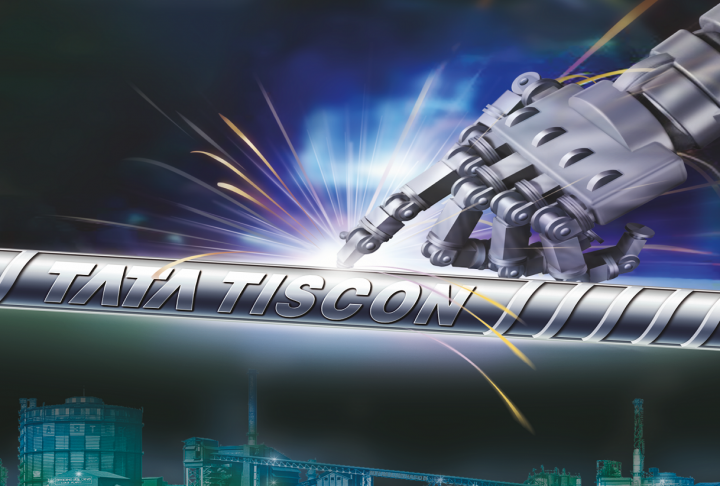
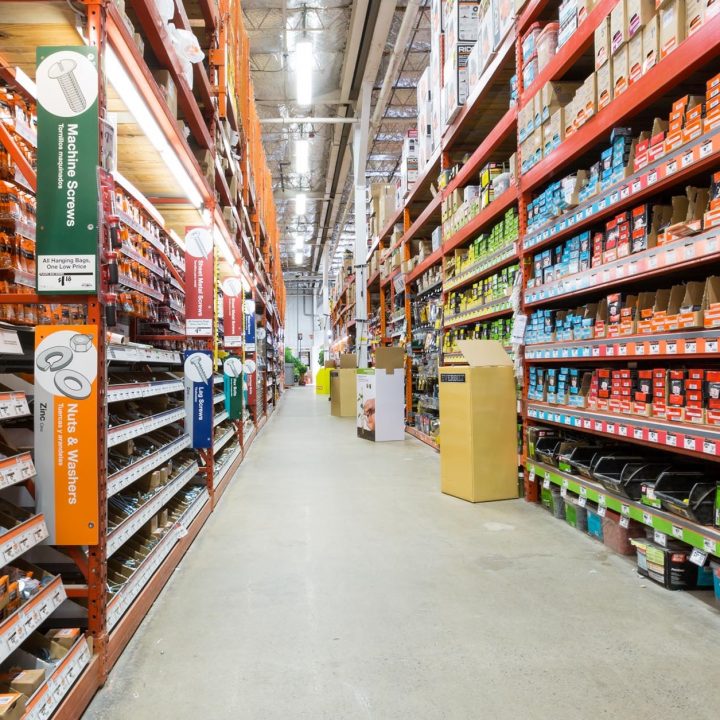
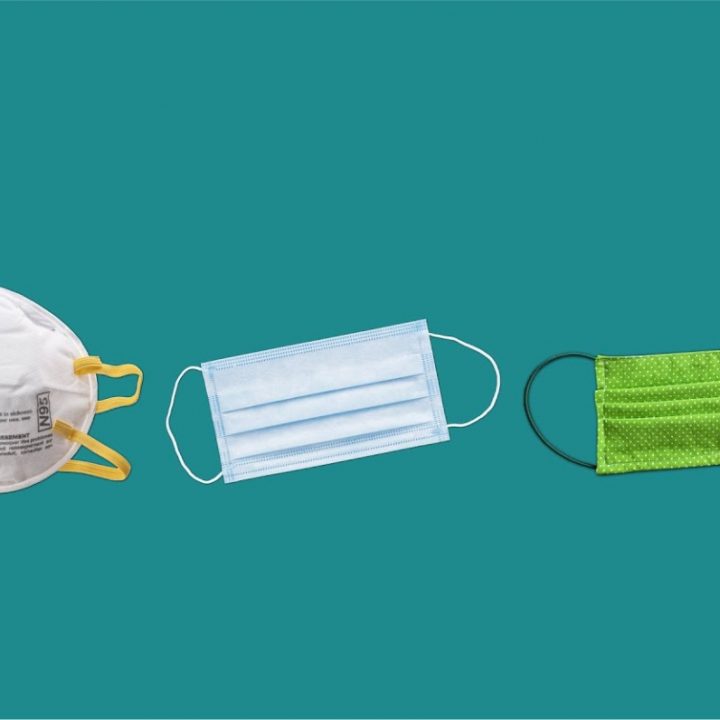

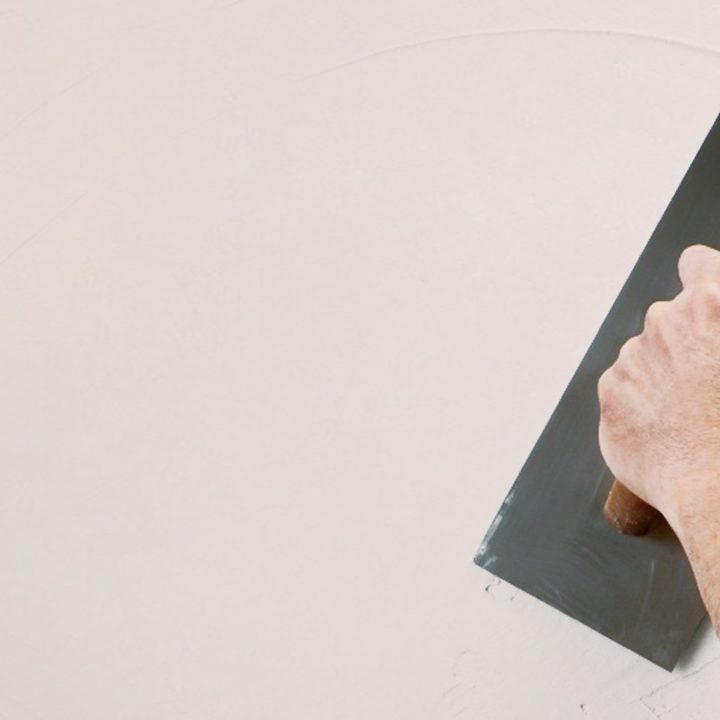
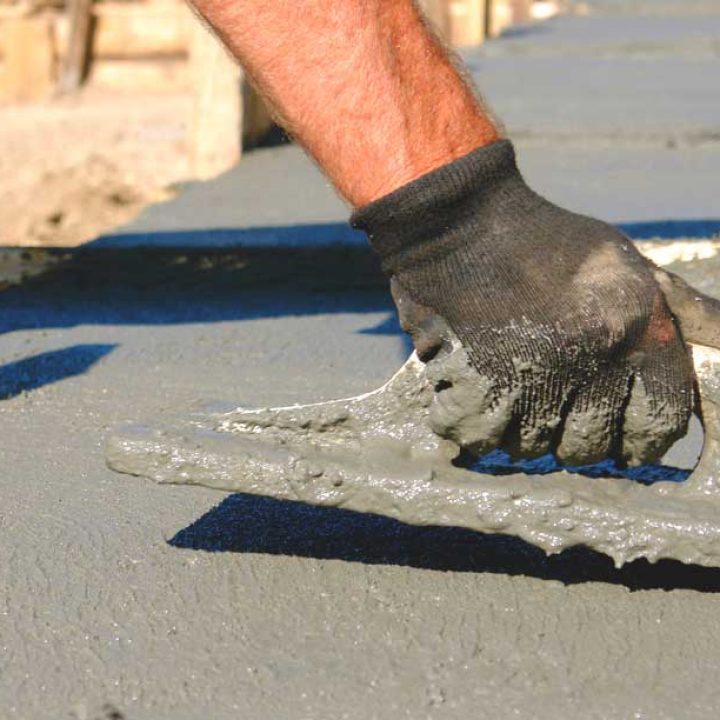
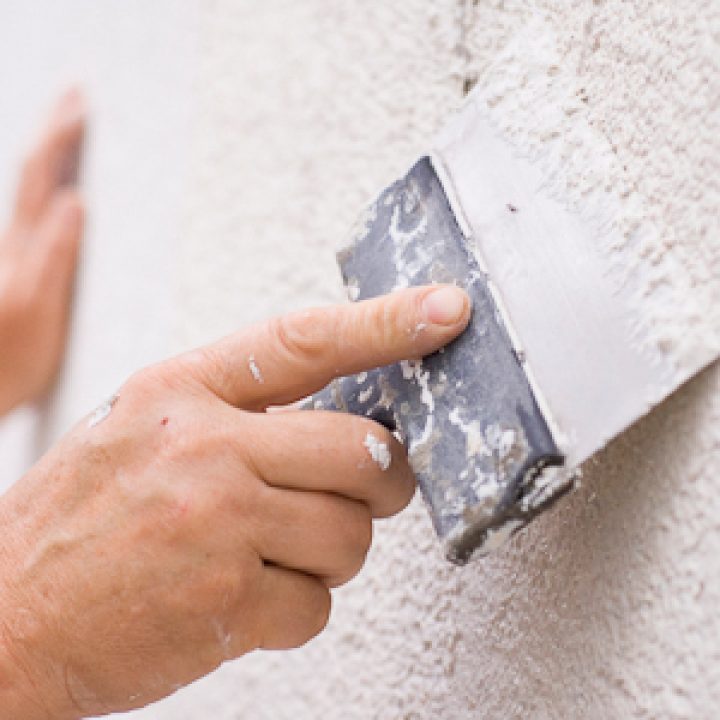
1 comment